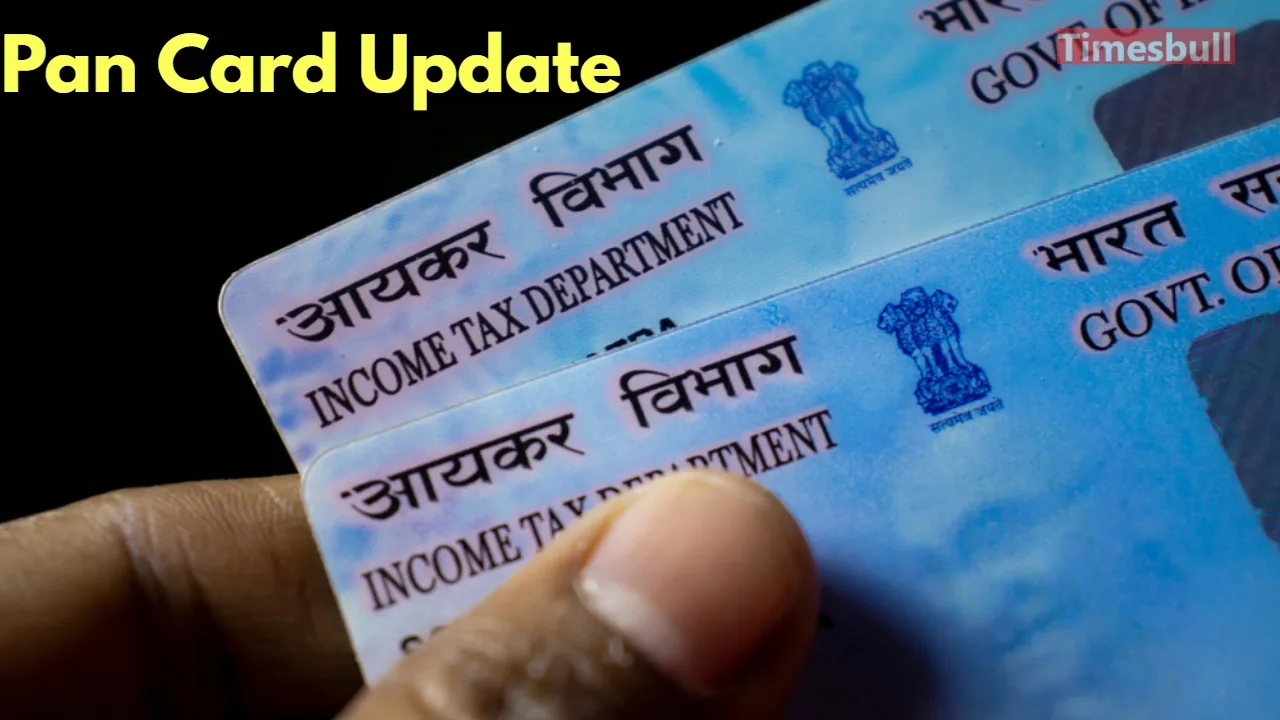A PAN, or Permanent Account Number, is a unique 10-digit alphanumeric code issued by the Income Tax Department to every taxpayer. It is managed by the Central Board of Direct Taxes and also serves as identity proof. PAN is required for various purposes, such as earning a taxable salary or professional fees, buying or selling assets above a certain limit, and investing in mutual funds. Let’s find out where and how PAN is used.
PAN Card in Banking
- A PAN card is required when opening a savings, current, or fixed deposit account.
- It is needed for cash deposits above ₹50,000 in a single day and for withdrawals exceeding this amount.
- Banks require your PAN when applying for a loan or credit card to check your creditworthiness and financial history.
- PAN helps track interest income from savings accounts and fixed deposits, ensuring correct tax deductions at the source.
PAN Card in Investing
- A PAN is required to open a demat account, where shares are held electronically, and for trading in the stock market.
- When investing in mutual funds, a PAN is mandatory for transactions above ₹50,000. It helps track investments and capital gains.
- PAN is necessary for investing in bonds or debentures to track interest income and ensure proper tax deductions.
- Buying gold worth more than ₹2 lakh requires a PAN card to prevent tax evasion and ensure transparency in high-value transactions.
PAN Card in Property Transactions
- When buying property worth ₹10 lakh or more, a PAN card is mandatory for both residential and commercial properties.
- If you are selling a property, mentioning your PAN in the sale deed is necessary to track capital gains and ensure proper tax payment.
- Banks require a PAN card when applying for a home loan to assess financial background and loan eligibility.
- For rental agreements where the annual rent exceeds ₹1 lakh, both the tenant and the landlord must provide their PAN cards.
